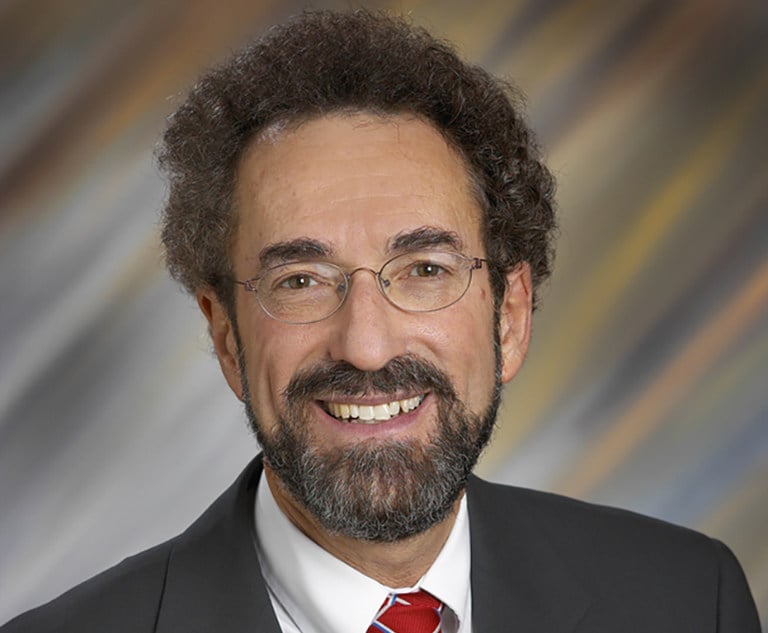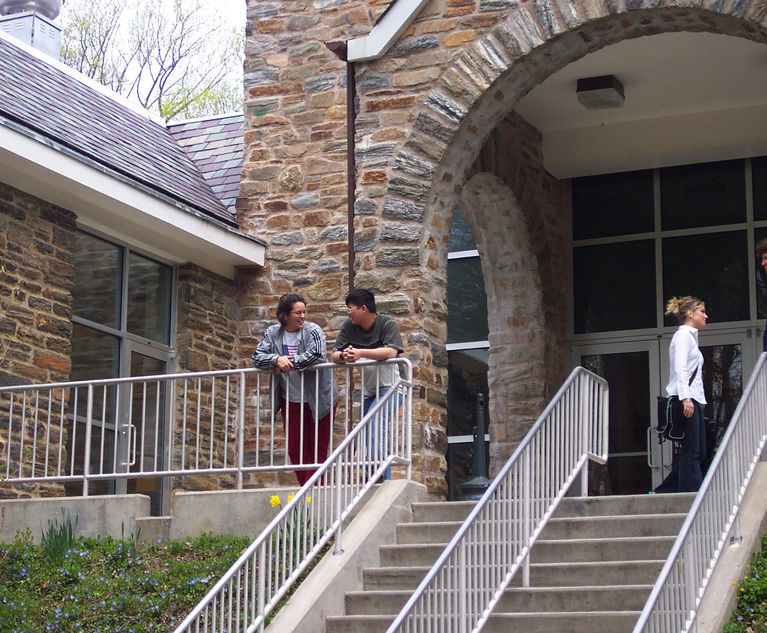The new Title IX regulations went into effect one year ago, but with fewer or no students on campus, it’s tough to say how the new regulations would have played out with in-person classes and students living on campus. However, the one-year mark is a good time to ensure compliance. Universities—take stock of the policy you hastily revised to meet the Aug. 14, 2020, deadline. Does it satisfy all of the requirements of the new regulations? What tweaks would you like to make, now that you have lived with that policy for one year? Here are some key changes made by the new regulations and the questions you might ask as an institution of higher education:
- Definition of Sexual Harassment. The regulations provide that schools can use existing federal and state case law regarding sexual harassment and quid pro quo sexual harassment or they can use this definition: “Unwelcome conduct on the basis of sex that is so severe, pervasive, and objectively offensive that it denies a person access to the school’s education program or activity.” How did your school define sexual harassment? Would it be helpful to consider an alternative definition that is more inclusive of certain allegations? Were there allegations made during the year that you thought should have been considered sexual harassment but were not due to the current definition in your school’s policy? What changes could you implement to make the definition more inclusive?
- Triggering an Investigation. A school must have “actual knowledge” to trigger an investigation. Any person has the right to report sexual harassment, either verbally or in writing. Is your school providing easy access for people to make reports? Once there is “actual knowledge,” a school must respond promptly. What safeguards does your school have to ensure that this takes place? How quickly is your school reaching out to the alleged victim to provide supportive measures and describe the process for filing a formal complaint?
- Formal Complaint. The formal complaint ensures that the school has a written document stating the complainant’s desire to commence an investigation. This gives the complainant control over what happens to the report. The document also has to describe the allegations and bear the complainant’s signature.
- Off-Campus Jurisdiction. The new regulations only include off-campus conduct if within a school’s “education program or activity.” What does this mean? This includes locations, events or circumstances in which the school exercised substantial control over both the respondent and the context in which the sexual harassment occurred. “Education program or activity” also includes any building owned or controlled by a student organization officially recognized by the school, whether the building is on- or off-campus. Think frat houses/sororities/field trips, school buses. Many schools still wanted to include sexual misconduct that occurred off-campus outside of an “education program or activity” and did a work-around by including this sexual misconduct as a violation of the Student Code of Conduct. If your school did this, were you pleased with the results? Was it too expensive? If costs are a concern, review your policy to see what alternatives are available to you.
- The Role of Advisers. Your revised policy must include language offering to provide an adviser of your college’s choosing, at no cost, to a party that does not have one, for the purpose of conducting cross-examination at the hearing. This opens up a whole new can of worms: Who does the college appoint as advisers? Should colleges give a list of possible advisers and allow the party to choose one? If the other party has an attorney, should the school appoint an attorney? Reflect on the role and the effectiveness of the advisers during hearings this past year. What did you like? What would you want to change?
- Cross-Examination. Advisers can cross-examine the other party and all witnesses during the hearing. Does your policy include language about the respectful manner in which cross-examination should be conducted? Is the cross-examination being done “in real time” with back and forth questions? Does the chair of the hearing panel decide if each question is relevant before a party or witness has to answer it? Does your policy include language about how objections will be addressed?
- Training. Many people, Title IX Coordinators, investigators, advisers, the hearing panelists, and the hearing chair/adjudicator, need to be trained. Who trains them? Has the chair of the hearing panel been trained on how to properly conduct the hearing and determine relevancy? Ensure that your school has the proper training scheduled—and not just once, regularly—to ensure compliance and professionalism.
- Retaliation. There is no retaliation. Period. Does your policy provide that the school cannot retaliate against someone who filed charges, testified or participated in any Title IX hearing? Schools also cannot retaliate against anyone who opposes an unlawful educational practice or policy.
- Informal Resolution. The biggest change is that informal resolution is now an option, even in sexual assault cases. Ensure that you discuss the informal resolution path with the complainant, so that the complainant is aware of this option. There is debate about whether and why informal resolution should be offered in a sexual assault case. Many times, the complainant and the respondent have a long dating history, and both want a say in how the process is resolved. Informal resolution gives them that opportunity. Ensure that your policy includes the option by either party to withdraw from the informal resolution process at any time before a resolution is reached.
Regrettably, the first year to test out the new regulations occurred during a pandemic when many students were learning remotely. During the Department of Education’s recent public hearings, some complained that the number of sexual misconduct cases decreased due to the more rigid requirements of the formal complaint process. It’s misleading to count this last year as a “normal” year, with fewer or no students on campus. Perhaps the new regulations would have played out differently with in-person classes and students living on campus. Be that as it may, it will be interesting to see what changes take place under the new administration. Rest assured, they are coming. Until then, the 2020 regulations remain in full force and effect. If you need any assistance with ensuring your school’s compliance, contact counsel to assist you.


 Ashling Ehrhardt and Christopher Carusone of Cohen Seglias Pallas Greenhall & Furman (Photo: Courtesy Photo)
Ashling Ehrhardt and Christopher Carusone of Cohen Seglias Pallas Greenhall & Furman (Photo: Courtesy Photo)




